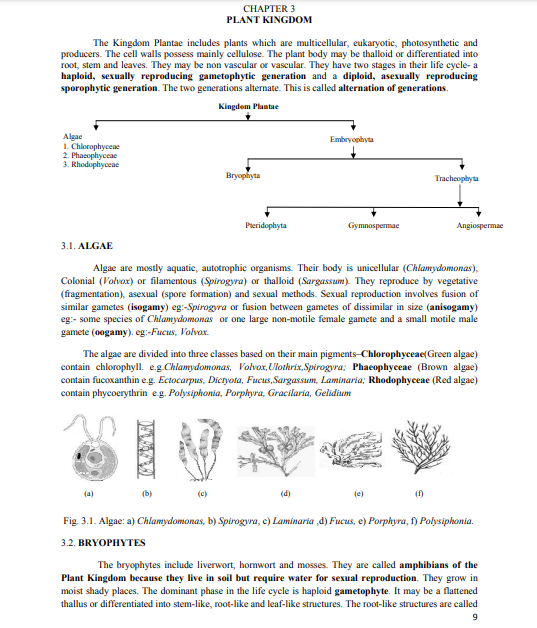Encumbrance Certificate Application Form Tamil Nadu PDF
Encumbrance Certificate Application Form Tamil Nadu PDF download link is given in this article. You can direct download PDF of Encumbrance Certificate Application Form Tamil Nadu for free using the download button.
Dear readers, here we are offering Encumbrance Certificate Application Form Tamil Nadu PDF to all of you. Encumbrance, a noun, according to the Oxford Learner’s Dictionary, means a person or thing that prevents someone from doing or doing what they want to do easily.
Encumbrance Certificate Application Form Tamil Nadu PDF
| PDF Name | Encumbrance Certificate Application Form Tamil Nadu PDF |
| No. of Pages | 2 |
| PDF Size | 0.01 MB |
| Source | cms.tn.gov.in |
| Download Link | Available ✔ |
Encumbrance Certificate Application Form Tamil Nadu PDF Summary
Dear readers, here we are offering Encumbrance Certificate Application Form Tamil Nadu PDF to all of you. Encumbrance, a noun, according to the Oxford Learner’s Dictionary, means a person or thing that prevents someone from doing or doing what they want to do easily. Encumbrance Certificate (EC) is such a legal document, in which every necessary information about any property is recorded – such as who has the right to own the property, whether there is any third party claim on the property, any kind of lawsuit Is it not, or is there any loan running on the property and if running, has it been repaid or not.
You get all this information easily inside this certificate. The meaning of this word will become more clear when you know about its synonyms. The same meaning applies in the case of property as well. In simple words, it is easily known through an encumbrance certificate whether the property is free from legal encumbrances and financial burdens or not. Apart from this, for how many years the transaction has been going on on the property and since the time this property was made, since then how many people have it been with and who is its owner at present, etc. information is also recorded in this certificate.
Encumbrance Certificate Application Form Tamil Nadu PDF
The encumbrance certificate will tell about the legal and financial associations and whether the owner has taken a loan against the property, this certificate will show you the same. EC will also tell you if there is any legal dispute over the property. The encumbrance certificate in Hindi is called Bhar Mukt Praman.
Required information for Tamil Nadu Encumbrance Certificate Application Form
|
EC Online: How to get EC/ encumbrance certificate online in Tamil Nadu?
- Step-1: To apply for an EC online, you will need to register yourself on the TNREGINET portal. If you already have an account, sign in, or else sign up to log in and access the services.
- Step-2: If you are a first-time user, you will need to sign up and provide details such as username, password, address, identification number (PAN/Aadhaar/driving license/others), and contact details. Complete the sign-up to receive an OTP on the contact number.
- Step-3: Check your email id for a verification link from the authority.
- Step-4: Once your details are verified, you can sign in to the TNREGINET portal.
- Step-5: A registered user can now go to the ‘E-services’ tab on the homepage > Encumbrance Certificate > Search and apply EC.
- Step-6: You will be required to fill in the following details:
|
Once you feed in these details, you can proceed to entering the captcha to search for the EC/encumbrance certificate Tamil Nadu.
- Step-7: Once you click on ‘Search’, all the documents pertaining to the details you have entered will be displayed. Proceed to ‘Apply Online’.
- Step-8: Enter your name, contact details and save them and proceed to pay.
- Step-9: You can see the payment details, select the payment option to move to the e-payment screen.
- Step-10: Enter the details in the e-payment section such as name, address, sub-registrar office etc.
- Step-11: Choose the bank you wish to make the e-payment form and pay.
- Step-12: Once your payment is successful, you will be provided with a bank reference number, CIN number and transaction ID. Keep these details handy. Upon selection of the applicable data and approval of the application by the sub-registrar, the encumbrance certificate will be sent to the applicant’s login with a QR code added in all the pages and a digital signature of the sub-registrar affixed in the end. An SMS notification will be sent to the applicant.
How to get TN EC / Villangam encumbrance certificate offline?
List of documents required to make an application for EC or Villangam certificate:
- Attested copy of address proof
- Details about property
- Title details
Along with this, you will also be asked to pay the requisite fee applicable for such TN EC-related online services.
Step-1: An application needs to be submitted in the sub registrar’s office, along with the aforementioned documents. For the villangam certificate application, you can download the application format here.
Step-2: The concerned authority will go through all documents to ascertain its legality.
Step-3: An EC with details of all transactions or in the absence of transactions, a Nil Encumbrance Certificate is issued. This may take 15-30 days from the date of application.






